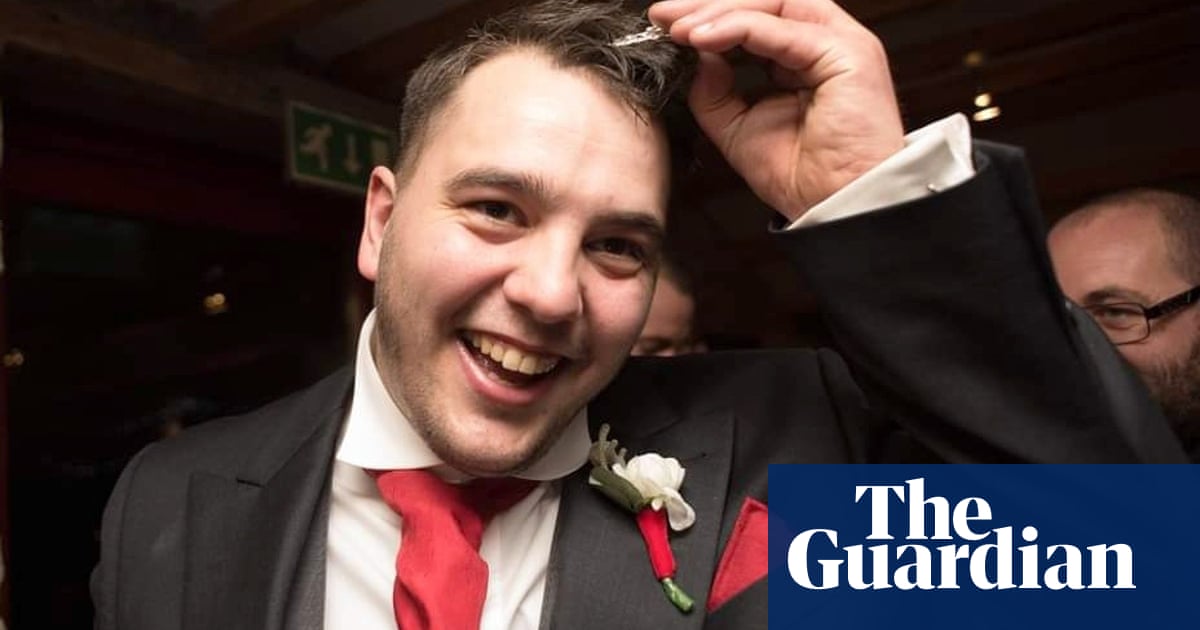
EU energy ministers are pushing to allow public funds to help build a gas pipeline to a power station in Malta co-owned by a businessman who is awaiting trial for the murder of the journalist Daphne Caruana Galizia.
On Tuesday, officials and MEPs will begin deciding new rules aimed at phasing out EU subsidies for fossil fuel projects.
However, on Friday EU ambassadors confirmed that Malta and Cyprus had secured exemptions for pipelines that would connect them to European gas networks.
In practice, that means the €400m (£340m) Melita pipeline project, designed to transport gas from Gela in Sicily to Delimara in Malta, could be built using EU funds.
Cyprus also stands to benefit from an exemption to the phaseout of EU support for fossil fuel infrastructure. The €7bn EastMed pipeline is an even bigger endeavour than the Malta-Italy link – it will join Cyprus to the European gas network along with Greece and Israel.
The move was criticised by environmental campaigners because it would lock in Malta’s dependence on the Delimara gas-fired power station, which is partly owned by the man accused of having masterminded the killing of Caruana Galizia.
The Maltese businessman Yorgen Fenech was previously a director of ElectroGas, the company that operates the Delimara power station, and along with his family owns a key stake in the company. He was charged this year with conspiracy in the murder of Caruana Galizia. Maltese prosecutors have recommended a life sentence, and he is due to stand trial. Fenech denies playing any part in the killing.
Before his arrest, he was chief executive of his family business, the Tumas Group, which teamed up with other Maltese families to secure a one-third stake in ElectroGas. He owns shares in the venture through Tumas and through a separate company. His uncle and Tumas chair Raymond Fenech said he was unaware of the EU proposals.
“Yorgen Fenech is a minority shareholder in Tumas Group holding less than 4% of the company’s shares which have devolved through inheritance,” he added.
Caruana Galizia was investigating the awarding of the Delimara power station contract to ElectroGas when she died in a car bombing in 2017. Maltese police have said they believe she was killed over her reporting on the power station.
Barnaby Pace, a gas campaigner at the corruption and environmental organisation Global Witness, said: “This pipeline threatens to lock Malta into using polluting fossil fuels and dealing with this fossil gas project, tied to the murder of Daphne Caruana Galizia, for decades to come. The EU needs to put the interests of Maltese and EU citizens before the profits of big polluters and refuse to be involved with yet another fossil-fuelled deal.”
ElectroGas argues that the gas-fired power station marked an environmental improvement when it opened in 2017 because it replaced a plant that ran on heavy fuel oil, which is even more polluting than gas. Malta is also supplied with electricity from an interconnector linking it to Sicily.
Delimara is presently powered using liquefied natural gas, which is brought in by ship. Along with the interconnector to Sicily, it meets most of the country’s power needs. Only about 7% of electricity in Malta is generated from renewable sources, one of the lowest rates in the EU.
An EU official said that Malta had the support of other EU ambassadors when the exemption was secured on Friday. “Several delegations explicitly spoke in favour of maintaining the derogation,” the official said.
A group of 11 countries, including Ireland, Germany and the Netherlands, had originally pushed for existing fossil fuel projects to be excluded from support. But Cyprus and Malta, supported by most eastern European delegations, were able to point to a 10-year-old European Council conclusion that “no EU member state should remain isolated from the European gas and electricity networks after 2015”.












